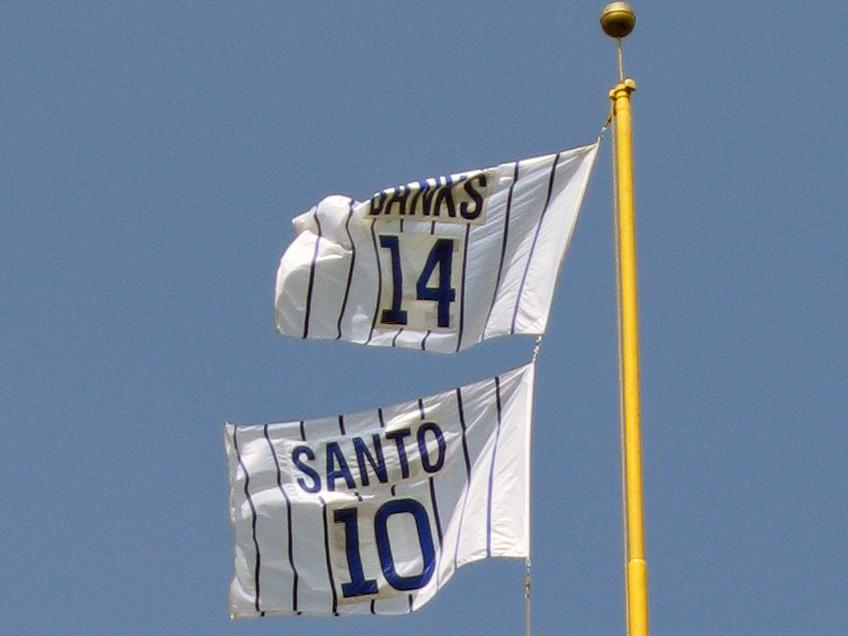Added 8/06/
16
PTIAX
Performance Trust Strategic Bond Fund
Symbol: PTIAX
No Transaction Fee No Transaction Fee
1 @ Fidelity 5000/500
1 No Transaction Fee funds are available without paying a transaction fee. No Transaction Fee funds will also be offered without a load or on a load waived basis. However, the fund may charge a short term trading fee or a redemption fee
From PTIAX
What Sets Us Apart JUNE 30, 20
16
■ Flexible multisector bond fund designed to shift among a broad
range of fixed income sectors
■ Managed by a team with expertise in complex and niche fixed
income sectors, which has resulted in a distinct portfolio
■ Seeks best risk adjusted opportunities through interest rate
agnostic investment process
Ten Largest Multisector ( Bond ) Funds Holdings in Common with PTIAX
Number Percentage
1. Pimco Income
19 4.63
2. Loomis Sayles Bond 0 0.00
3. Loomis Sayles Strategic Income 0 0.00
4. Lord Abbett Bond-Debenture 0 0.00
5. Fidelity Advisor® Strategic Income 0 0.00
6. Fidelity® Strategic Income 0 0.00
7. Franklin Strategic Income 0 0.00
8. Alliance Bernstein High Income 4
1.58
9. T. Rowe Price Spectrum Income 0 0.00
10. Pioneer Strategic Income 0 0.00
Average 2.3 0.62
http://ptiafunds.com/documents/ptam-difference_ptiax_final.pdfBond-fund correlations increase interest-rate riskAugust 4, 20
16
http://www.investmentnews.com Aug 4, 20
16 @
1:32 pm
By Jeff Benjamin
Financial advisers should diversify into credit-risk strategies.
...K.C. Nelson, who manages $3 billion worth of fixed-income portfolios at Driehaus Capital Management, said bond fund investors who aren't careful could be hit hard by an interest rate hike, or just hit less hard by continued low rates.
“Investors are drawn to bonds because they're afraid of all the macro risks out there, and they also believe interest rates are not going up anytime soon, but they're making a mistake by looking in the rearview mirror at the performance of bonds,” he said.
When interest rates were at more normalized levels, diversification across the fixed-income spectrum was more straight forward, and could be accomplished through a blend of corporate, municipal, government bonds, and mortgage-backed strategies.
But with the Federal Reserve setting its overnight rate at 0.25% and the
10-year Treasury yielding just
1.5%,
the bond world has essentially morphed into a singular blob of rate-risk.Consider, for example, the various correlations to the SPDR Barclays Intermediate Term Treasury ETF (ITE).......
http://www.investmentnews.com/article/20160804/FREE/160809953?template=printartFrom one of the story's links from Thornberg
Bond Correlations and Interest Rates,
Not Always a Straight Line
Josh Yafa | Director,Thornberg Client Portfolio Management
JUNE 20
16
When discussing investing, a standard rule applies:
bring up bond correlations if your audience needs a nap. That axiom,however, suddenly becomes less tiresome when investors begin to worry about rising interest rates. Not surprisingly, the
thought of losing significant principal from bonds—an inexplicable combination of terms for investors accustomed to fixed
income’s ballast—tends to pique the attention of even the most seasoned and skeptical.
http://www.thornburg.com/pdf/TH3621_BondCorrelation_C.pdfA look @ the Tax Excempt Market
https://secure.wasmerschroeder.com/UserPages/1038185.pdfQuarterly Bond Market Overview
June 30, 20
16
Wasmer, Schroeder & Company Wasmer Schroeder High Yield Muni Instl WSHYX
“ISMS” & CENTRAL BANKSAs we have pointed out in this publication on numerous occasions, multiple
secular trends are at work across the globe keeping growth low and central bankers active.
Political polarization in this country and others continues to put the burden squarely on central
banks as the ability of lawmakers to make any meaningful contribution is non-existent. Even in
the U.S., where our central bank has slowly begun the process of tightening monetary policy,
the Federal Reserve has seemingly used Brexit as an opportunity to push additional moves
further into an uncertain future. Clearly Europe and the U.K. will be in full accommodation mode
now; and Japan, the unfortunate recipient of the risk-off trade in currency markets, continues
to be in a very bad place on multiple fronts. So, higher asset prices, lower interest rates, and
continued economic malaise are likely to continue.
https://secure.wasmerschroeder.com/UserPages/1037492.pdfHercules Capital, Inc. :HTGC
Q2 20
16 Earnings Call
Manuel Henriquez – Founder, Chairman and Chief Executive Officer
August 4, 20
16 5:00 PM ET
Mark Harris – Chief Financial Officer in final Q & A
..As you know, the yield curve is flatting dramatically when you go further out.
So, I think that the short term of the curve is mispriced. We're hoping that as the market stabilized, that we'll see tightened yield spreads over the five-year rates. And once that occurs, I think that you'll definitely see us actively go out and refinance those 7% bonds you've been referring to which as I'm sure you'll realize in the event of refinancing those 7% bonds, that alone can be a
1 to 3 – sorry, $0.0
1 to $0.0
15 in quarterly earnings and prove it by resizing those bonds. But we'll make sure people understand this comment.
The five-year treasury rate is acting like an Internet stock. Today alone, the five-year rate dropped nearly 4% to 1.03%. This is a five-year treasury rate. It's not supposed to be that volatile. That tells you what is going on. The
10-year rate is only 47 basis points wider than the five-year rate. That means I can borrow
10-year at 47 basis points higher plus the spread. That tells you that there's no incentive to the short-term borrowing in the capital markets right now.
http://seekingalpha.com/article/3996111-hercules-capitals-htgc-ceo-manuel-henriquez-q2-2016-results-earnings-call-transcript?part=single
